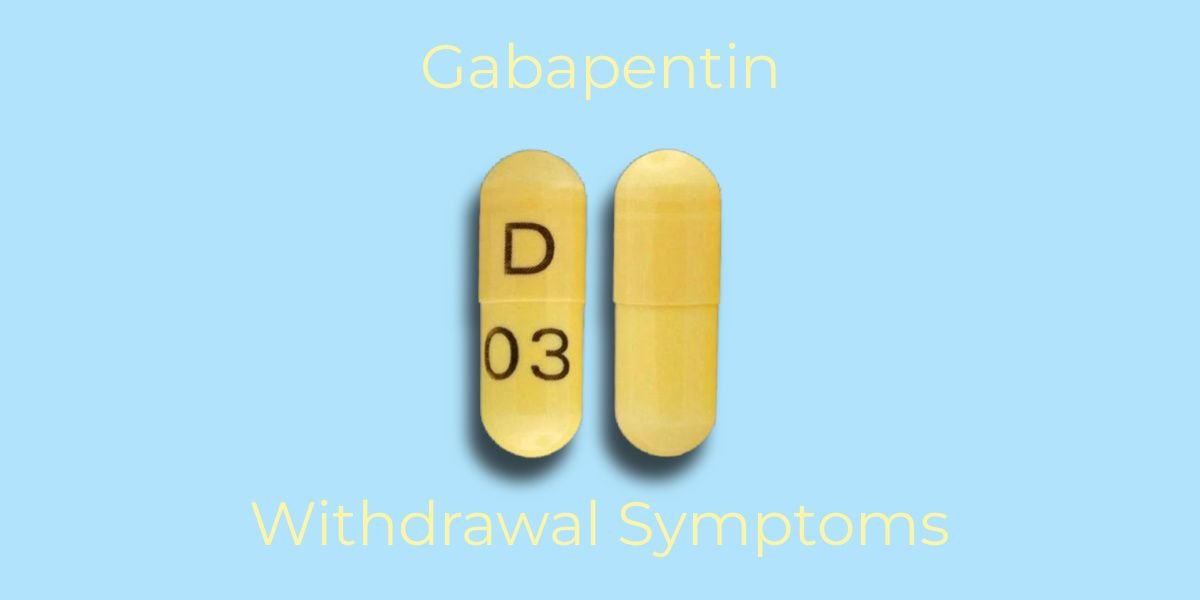Gabapentin is an anticonvulsant medication, approved for various uses including epileptic seizures and neuropathic pain, also commonly prescribed off-label for a range of mental and physical health conditions, including as a mood stabilizer. Taking more gabapentin than prescribed can result in an overdose, causing effects such as vomiting, diarrhea, drowsiness, and dizziness.
Gabapentin overdoses are not typically fatal but combining it with other substances can significantly increase the risk of death. In the event of a suspected gabapentin overdose or an emergency such as seizures, unresponsiveness, or breathing difficulties, contact a medical professional or call 911.
- Common symptoms of a gabapentin overdose include drowsiness, dizziness, vomiting, diarrhea, blurred vision, and changes in heart rate and blood pressure.
- Gabapentin can interact with various substances, increasing the risk of adverse effects, particularly alcohol, opioids, and benzodiazepines.
- People who misuse or abuse gabapentin or other substances may require professional treatment, such as therapy, rehab, or medical treatment.
.jpg?v=1727346567)
Can you overdose on gabapentin?
Gabapentin is considered to be a fairly safe drug with minimal side effects and overdose potential, however, taking large doses can result in non-fatal overdose effects such as vomiting, drowsiness, and tachycardia, followed by a full recovery. [1]
Gabapentin has historically not been considered a drug of abuse, as it was not reported to be associated with addictive behaviors or recreational use. However, in recent years, gabapentin has been increasingly reported to be involved in overdose deaths linked to concurrent drug abuse. [2][3]
Reports show a high prevalence of gabapentin misuse among opioid abusers. Gabapentin increases the analgesic effects of opioids and can increase the feeling of euphoria or high. Combining gabapentin and central nervous system (CNS) depressants, such as opioids, significantly increases the risk of dangerous or fatal overdose. [2][4]
As such, despite being considered safe, reports of overdoses involving gabapentin are increasing, with some of these cases being believed to be intentional overdoses. [3][5]
Can you die from gabapentin overdose?
There are very few reports of fatal overdoses involving only gabapentin, so it is considered extremely unlikely for an individual to die from a gabapentin overdose. However, there appear to be increasing attempts at suicide involving gabapentin. [6][7]
Reports show that attempted suicide involving gabapentin increased by 61% from 2013 to 2017, with 81% of intentional gabapentin exposures defined as attempted suicide. This may be linked to the individual’s mental state as gabapentin is often prescribed as a mood stabilizer and can cause new or increased suicidal ideation during treatment. [7][8]
Despite these figures, overdose deaths involving only gabapentin have not increased, highlighting its low toxicity. However, overdose deaths involving gabapentin in combination with other substances have been increasing in recent years, particularly involving opioid abuse. [2][3]
A report compiled by the Centers for Disease Control and Prevention (CDC) shows that, among over 58,000 overdose deaths across 23 states, gabapentin was detected in around 10%. [3]
Gabapentin overdose rarely results in death, although the risk increases significantly when other substances are used, particularly alcohol and opioids. [4]
Maximum recommended dose of gabapentin
The maximum recommended daily dose of gabapentin is 3600 mg, split into divided doses. Any doses higher than this show no therapeutic value and may increase the risk of overdose. What is considered a fatal dose of gabapentin will vary from person to person. [9]
However, some people may experience dangerous or fatal overdoses from lower doses. High-risk groups include children, older adults, people with impaired renal functioning, or those who abuse substances. [9]
Symptoms of gabapentin overdose
Common symptoms of a gabapentin overdose include: [1][10]
- Blurred vision
- Drowsiness
- Dizziness
- Nausea
- Vomiting
- Diarrhea
- Changes in heart rate and blood pressure
- Slurred speech
Serious symptoms of a gabapentin overdose, which may be more likely when combined with a CNS depressant, include: [3][11]
- Trouble breathing
- Loss of consciousness
- Unresponsiveness
- Seizures
- Respiratory arrest
- Coma
- Death
What to do in case of a gabapentin overdose
If a gabapentin overdose is suspected, call Poison Control at 1-800-222-1222 or a medical professional. In case of an emergency, such as seizures, unresponsiveness, or breathing difficulties, call 911 immediately.
Administer naloxone if it is available. It cannot reverse the effects of gabapentin overdose but will be effective if an opioid has also been used.
Gabapentin overdose treatment
Professional treatment might involve administering activated charcoal or pumping the individual’s stomach, to remove remaining substances. Additional medical treatment might be required to manage any other effects. [12]
If an intentional overdose or substance abuse is suspected, the individual may be referred to specialist services, such as mental health treatment or substance use disorder treatment.
Gabapentin interactions
Reports of gabapentin overdose deaths show that gabapentin is frequently used alongside prescription (such as tramadol) and illicit opioids. CDC reports show that deaths involving opioids account for up to 90% of gabapentin overdose deaths. This highlights the significant danger of combining gabapentin with opioids. [3]
Gabapentin can interact with other CNS depressant substances, increasing the risk of oversedation, adverse effects, and overdose, such as: [4][10]
- Benzodiazepines
- Sleeping pills, tranquilizers, and sedatives
- Alcohol
Treatment following gabapentin overdose
Gabapentin is sometimes abused to enhance opioid effects and in attempted suicides. People who misuse gabapentin may benefit from professional treatment. This might include substance use disorder treatment such as:
- Inpatient rehab (view a rehab directory here)
- Outpatient treatment
- Counseling or therapy
- Support groups
People who attempt suicide with gabapentin may require mental health treatment, such as:
- Inpatient care to monitor and reduce suicide risk
- Psychotherapy
- New or changed medications


-guide-detail.jpg?v=1756809089)

-guide-detail.jpg?v=1756808565)